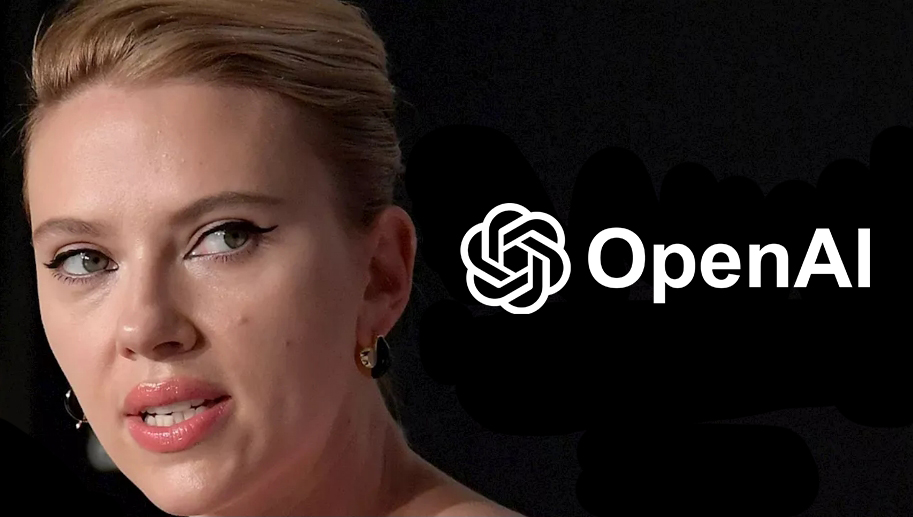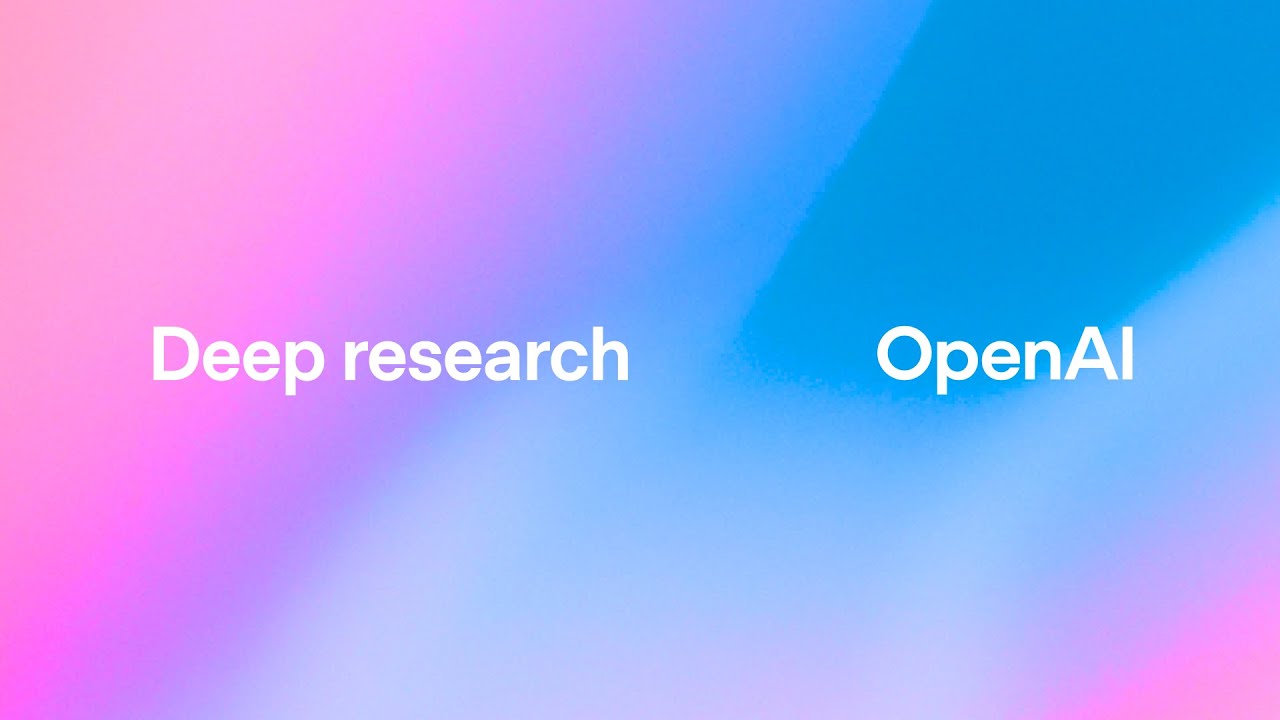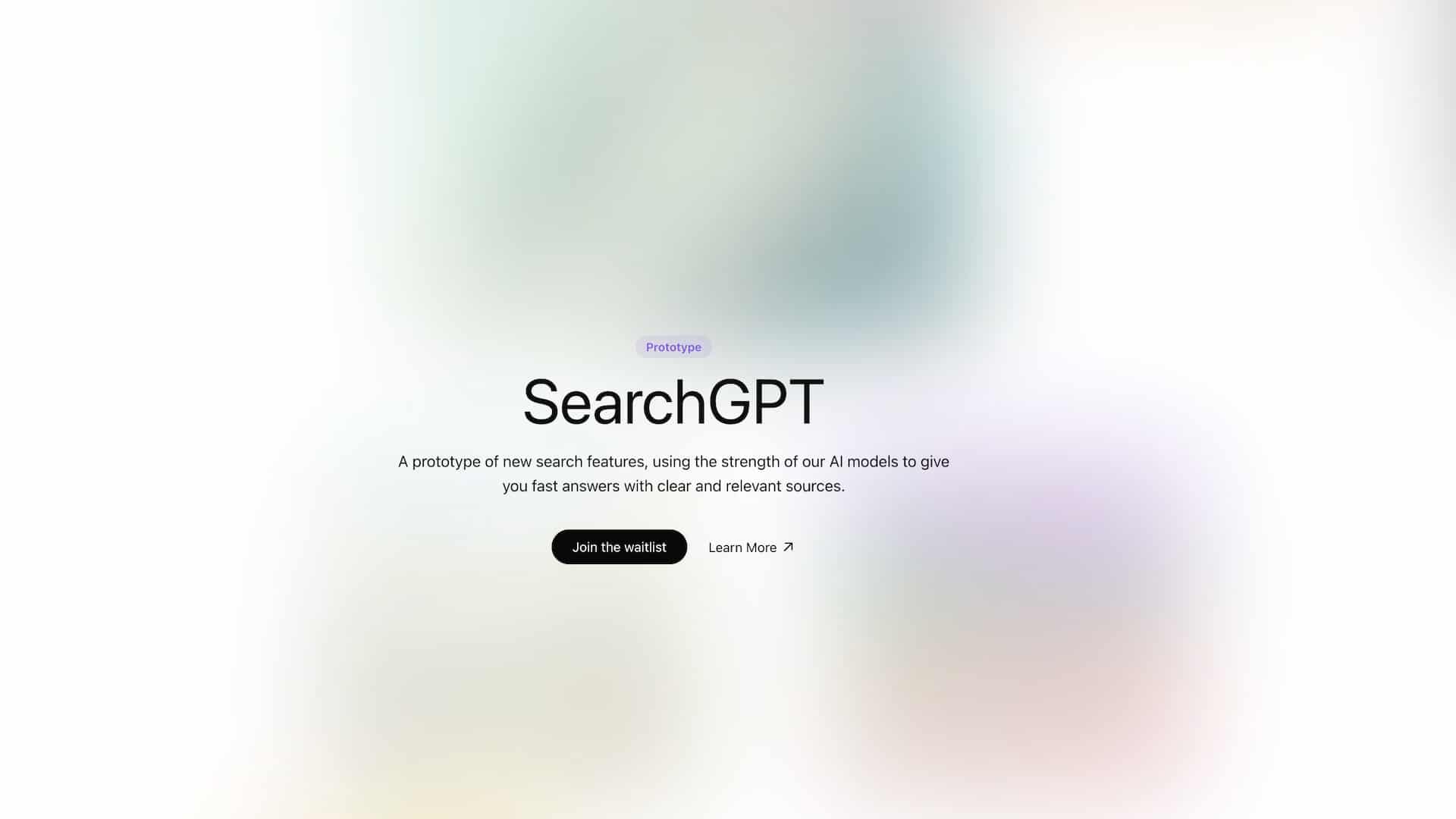Prompt engineering, once the tech world’s hottest career, is fading into obsolescence just 18 months after its peak. Like Flash developers before them, these AI whisperers have been made redundant by AI systems that can now interpret needs, self-prompt, and adapt to users without explicit instructions. The Wall Street Journal even called the field “fundamentally obsolete.” Companies are pivoting toward general AI literacy instead of dedicated prompt wizards. The rapid rise-and-fall cycle offers a cautionary tale for emerging tech roles.
Prompt engineering has crashed from tech’s “hottest new career” to Silicon Valley’s latest cautionary tale faster than you can say “Hey AI, figure it out yourself.”
Just 18 months after NVIDIA’s Jensen Huang declared that all programmers could pivot to prompt engineering, the skill has joined the ranks of Flash development and MySpace page design in the graveyard of once-promising tech careers.
Remember when the World Economic Forum dubbed it the number one “job of the future”? That future lasted about as long as most New Year’s resolutions. The skill emerged during 2020-2024 as early language models like GPT-3 and Claude were notoriously finicky about how you phrased things. One wrong word and your AI assistant might write you a sonnet about ducks instead of the business proposal you desperately needed.
The “job of the future” that barely outlasted milk in your refrigerator
But technology moves at warp speed these days. By 2025, AI systems learned to self-prompt, ask clarifying questions, and fundamentally handle the awkward back-and-forth that once required human expertise.
The Wall Street Journal now describes the field as “fundamentally obsolete” – a stunning reversal for something that spawned countless LinkedIn certificates just months ago.
The limitations were always there if you looked closely. The trial-and-error process was inefficient. Perfect prompts rarely transferred between contexts. And let’s be honest, spending hours crafting the perfect instruction set isn’t exactly a scalable solution. Just as virtual assistants now efficiently manage schedules and transcribe meetings, AI has evolved to interpret user needs without explicit prompting.
Companies that once scrambled to hire dedicated prompt engineers are now integrating AI literacy across all positions. Microsoft’s chief marketing officer of AI at Work confirmed what many suspected: AI can fundamentally prompt itself now. Job searches for prompt engineers have drastically decreased on platforms like Indeed, confirming the role’s rapid decline.
Technology has shifted toward voice commands, gestures, and personalized interactions that adapt to users rather than forcing users to adapt to them. The rise of hyper-personalized AI assistants that remember user preferences and anticipate needs has eliminated the demand for manual prompt optimization.
For those who invested in prompt engineering certifications, don’t panic – consider it evolution rather than elimination. The underlying skills of clear communication and problem-solving remain valuable.
But next time a hot new tech career promises the world, maybe give it more than 18 months before committing.









